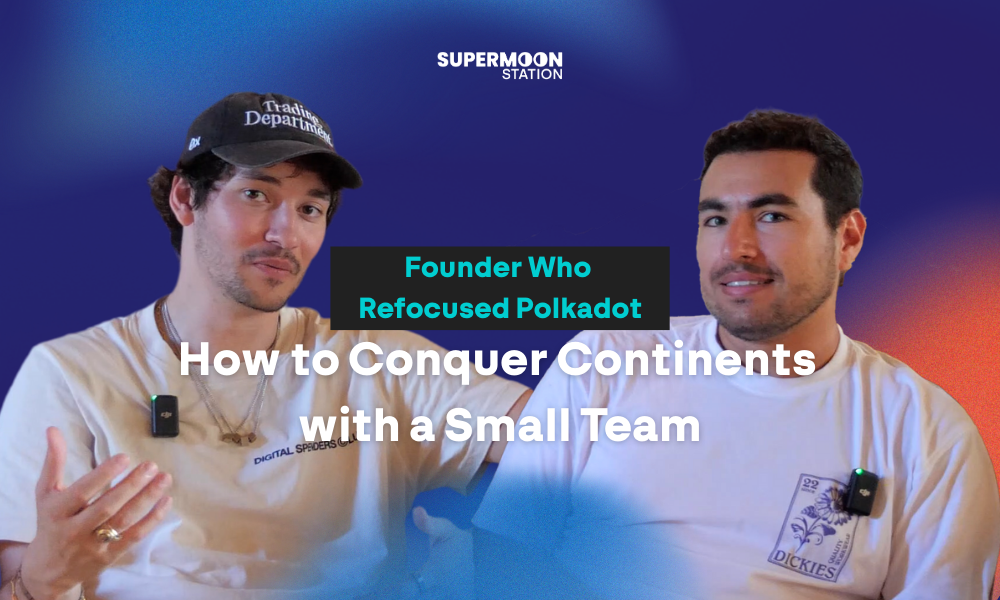Discussions
Aug 2024
Free Speech Has a Price | Pavel Durov’s Arrest, Privacy Laws, & Data Wars

By: Elena Obukhova
“If liberty means anything at all, it means the right to tell people what they do not want to hear” - George Orwell
Pavel Durov, the founder and CEO of Telegram, was recently detained at a Paris airport on an arrest warrant. The charges? Allegations that his platform has been used for money laundering, drug trafficking, and other offenses. This incident raises a critical question: Is defending free speech becoming increasingly costly for those who stand up for it?

The Cost of Protecting Free Speech
Free speech is under attack globally, and the financial and legal costs for those protecting it are rising. When platforms like Telegram and others are targeted, it's not just about the specific accusations—they represent broader efforts to control information and limit the free exchange of ideas.
The Cost of Compliance
- Since GDPR's (General Data Protection Regulation) introduction in 2018, companies handling EU data have incurred significant compliance costs. A DLA Piper report shows over €2.5 billion in fines and additional billions spent on legal fees, compliance staff, and technology. These costs impact smaller tech firms lacking the resources of larger companies.
- The CCPA, effective in 2020, increased compliance costs for US companies. The Compliance Week estimated an average cost for 20-100 ppl SMEs to be $100,000 to comply with CCPA.
- The CLOUD Act allows US law enforcement to access data on servers worldwide if the company is US-based. It provides a loophole for accessing private data under the pretext of law enforcement.

One of our community friends, OORT | cloud for Decentralized AI , a decentralized computing and cloud platform, recently shared on X that it’s being flagged by Google as “harmful content” due to "risky and fraudulent content deployed by clients on OORT Storage," according to founder Max Li. Decentralized storage challenges traditional methods of filtering, moderating, and censoring information, as the ownership of the content lies with the individuals deploying it.
So-called protection laws are actually hurting small businesses and stifling innovation. The heavy-handed regulations and compliance costs are choking startups, making it harder for them to compete and push new ideas forward.
It appears that if you don't fit the mainstream narrative, you are likely to be censored.
Contradictions in Policy & Hypocrisy
Just a few weeks ago, Thierry Breton from the EU sent a letter to Elon Musk concerning his interview with Donald J. Trump, emphasizing the need for content moderation. This raises a critical contradiction: How can policymakers claim to support "media freedom and pluralism" while simultaneously advocating for "content mitigation measures"?

Balaji, in a recent X post, highlighted actions from French authorities that exemplify this hypocrisy:
"Is Macron held personally responsible for every beheading, rape, and robbery that occurs on French soil? Is he jailed when traveling for violating the human rights of French citizens by not 'moderating' his community hard enough? No, he is not. Even though the tools of the French state are vastly greater than those of Telegram, over a vastly smaller user base. Again: Macron has ~70M citizens to deal with, while Telegram has almost 1B users."

The Role of Personal Responsibility
It's more important than ever to take personal responsibility for protecting your data, information, and privacy. You don’t need government bodies moderating what is deemed “harmful” content; as individuals, we are capable of choosing what to consume, conducting our research, and safeguarding ourselves from misinformation.
You don’t have to use Facebook if you disagree with their data protection and data usage policies.
It's concerning to see that many still support these 'protection' laws without recognizing their potential drawbacks. Often, actions taken under the guise of protection can suppress free speech and control the narrative.
We’re at a critical point right now. Sure, you can still speak your mind, but be careful—your Free Speech can cost you some jail time. As the debate over freedom and regulation heats up, staying informed and aware is more important than ever.
Related posts


.png)
.jpg)


.png)
